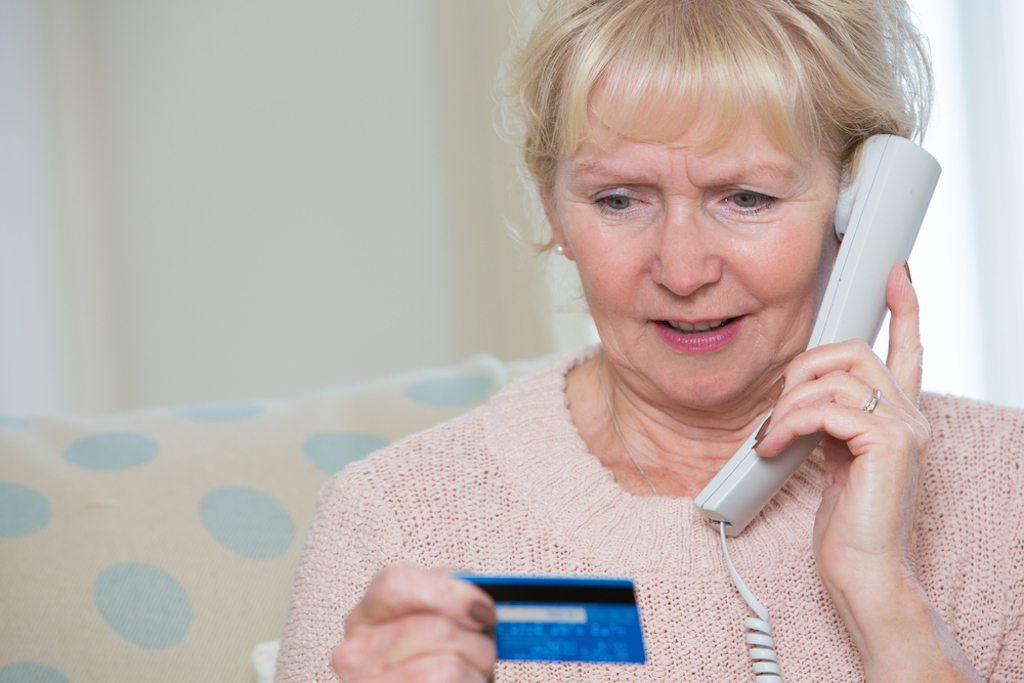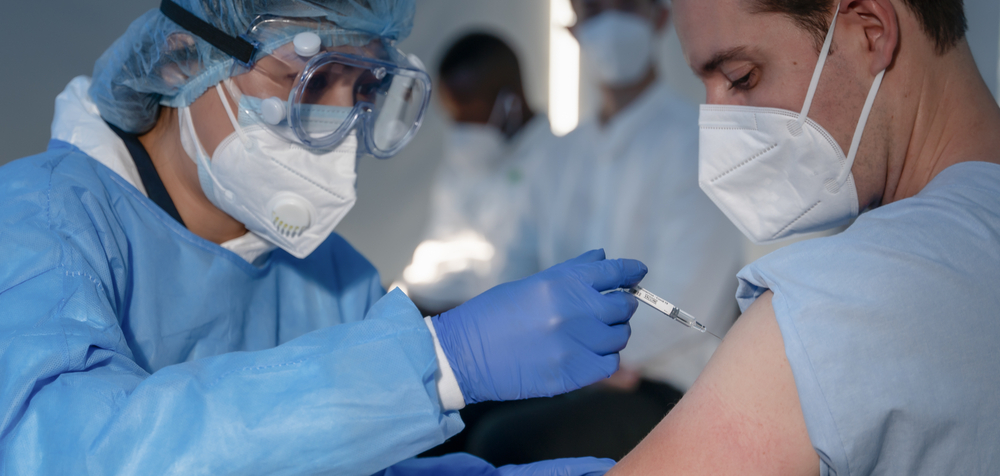So what should you be on the lookout for? Read on to see the tactics these con artists are using, and for more on the latest news about the legitimate vaccine, If You’ve Done This Recently, You Could Have a Bad Vaccine Reaction. Read the original article on Best Life. Scams have been uncovered on messaging apps such as Telegram, where channels will offer vaccines from Pfizer, Moderna, or AstraZeneca for $110 to $180 apiece, claiming that the sensitive vials will be shipped in ice or can be delivered overnight for a fee, Reuters reports. Besides robbing victims of money, scams involving the sale of counterfeit vaccines can put lives at stake by not providing the protection of a genuine dose—or even worse, causing a reaction. In a statement, a Pfizer spokesperson warned: “Patients should never try to secure a vaccine online—no legitimate vaccine is sold online—and only get vaccinated at certified vaccination centers or by certified healthcare providers.” And for more vaccine behavior to avoid, check out The FDA Just Ruled You Can’t Do These 4 Things With the COVID Vaccines. According to cybersecurity firm Recorded Future, who is tracking COVID-19 fraud on the internet, website domains containing references to the word “vaccine” along with “COVID-19” more than doubled from October to November, with 2,500 springing up as the first vaccine was approved, Reuters reports. The keyword-heavy sites will often lure in unsuspecting victims and can then be used to steal sensitive personal information or infect personal computers with a completely different kind of virus.ae0fcc31ae342fd3a1346ebb1f342fcb “So far a lot of these domains just appear to be opportunistic registrations, but some are going to be used for phishing attempts to have people click on (malicious) links,” Lindsay Kaye, director of operational outcomes at Recorded Future, told Reuters. And for a very different concern about the vaccine, check out The Newest COVID Strain Could “Weaken” the Vaccine, Expert Warns. The HHS recently reported that new scams were developing along with the release of the Moderna and Pfizer vaccines. This includes scammers reaching out via email, text, phone call, or home visit and attempting to gain Medicare numbers, financial information, or credit card numbers to prepay for and secure a spot on a COVID-19 vaccine waiting list. Criminals will then use the information to commit identity theft. The HHS website warns that “government and state officials will not call you to obtain personal information in order to receive the vaccine, and you will not be solicited door to door to receive the vaccine.” They add that you “should not respond to, or open hyperlinks in, text messages about COVID-19 from unknown individuals,” and “be suspicious of any unexpected calls or visitors offering COVID-19 tests or supplies.” And for more on where the vaccine might be necessary, check out Dr. Fauci Said the COVID Vaccine Could Be Mandatory Here. Unfortunately, COVID-related scams predate the release of vaccines. HHS and the FBI warn that certain attempts to steal money or sensitive information have been running for months, with the HHS site stating that “fraudsters are also continuing to offer COVID-19 tests to Medicare beneficiaries in exchange for personal details, including Medicare information. However, the services are unapproved and illegitimate.” The agency recommends that everyone should be cautious of any unsolicited contact from anyone claiming to offer COVID-related services and to contact local authorities if you suspect foul play. And for more on where the virus is surging right now, check out This Is How Bad the COVID Outbreak Is in Your State.



